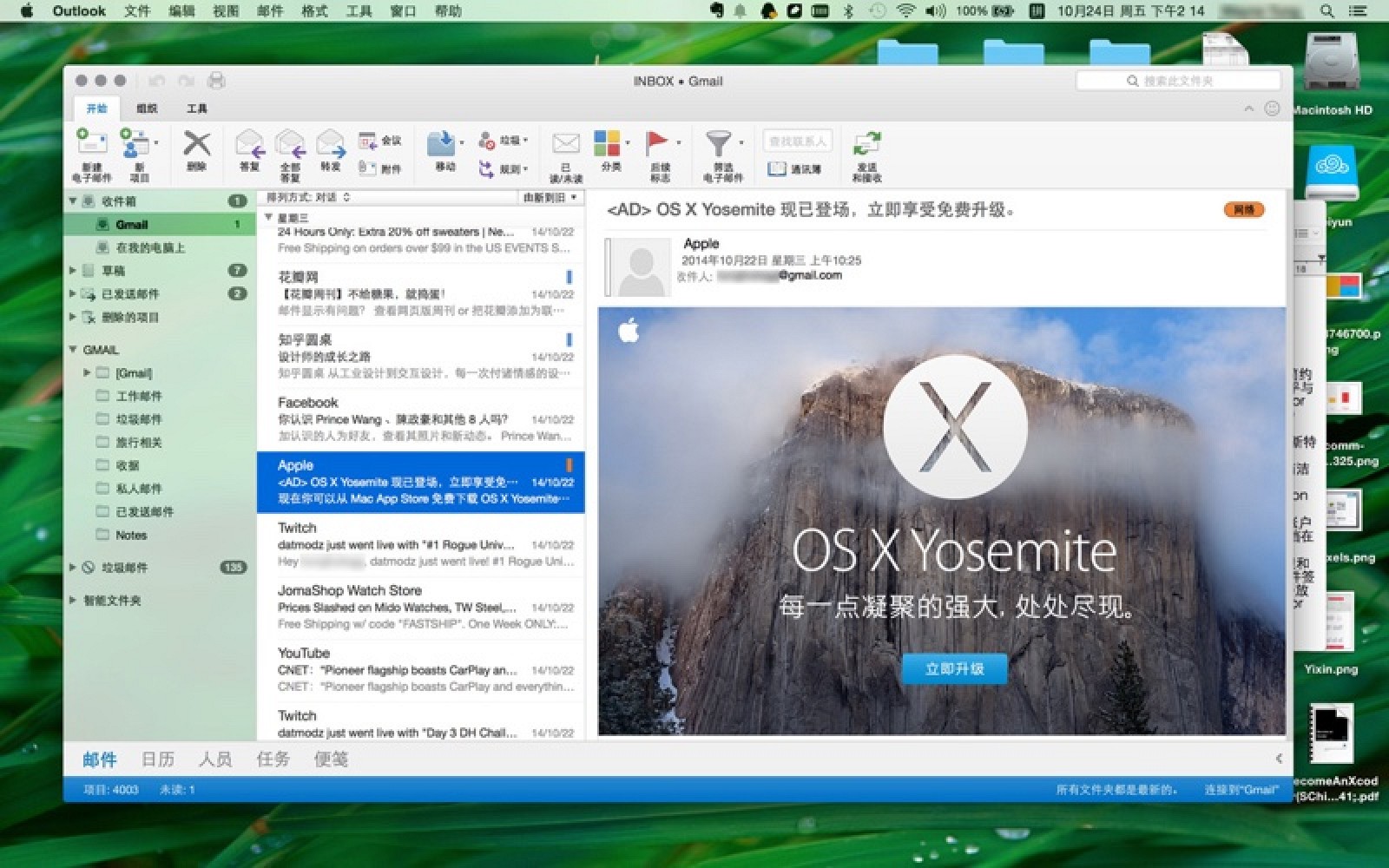- Office 2016 Mac Download Google Drive
- Office 2016 Mac Download Product Key
- Buy Office 2016 For Mac
- Ms Office 2016 For Mac
- Office 2016 include applications such as Word, Excel, PowerPoint, and Outlook. They’re available as a one-time purchase for use on a single PC. Microsoft 365 plans include premium versions of these.
- To use Office for Mac 2016, you must have: Mac OS X 10.10 or later. One of the following subscriptions: Office 365 Enterprise E3. Microsoft 365 Apps for business. Microsoft 365 Business.
The following article is designed to be a resource to The University of Iowa community for information and instruction pertaining to compatibility and system requirements for Microsoft Office 2016.
Is your computer ready to run Office 2016?
Find out the hardware and software requirements for Office 2016 on Microsoft's System Requirements for Office 2016 & Microsoft 365 page.
Why can't I install Office 2016 on Windows 7, Windows XP or Windows Vista?
You’ll need a computer running Windows 8 and above to install Microsoft Office 2016. If you try to install Office 2016 with Windows XP or Windows Vista, it will not work. Consider upgrading to Windows 8 or above, or read more about Office 2016 requirements.
Can I use Office 2016 on my Macintosh computer?
Support for Office 2016 is will end on October 13, 2020 on Macintosh computers. Your Office 2016 applications will continue to function, will not disappear from your Mac nor will you lose any data. More information regarding this change in support can be found on Microsoft's End of Support for Office 2016 for Mac page.
Office 2019 (for both Windows and Mac) is a one-time purchase and does not receive feature updates after you purchase it. Office 2019 includes a meaningful subset of features that are found in Microsoft. Office 2016 for Mac license. If you choose to upgrade to Microsoft 365 or Office 2019 for Mac, you'll simply need to remove the existing Office 2016 for Mac license, but you won't need to remove your Office apps. Download and run the License Removal Tool.
-->
As of October 13, 2020, only these versions of Office are supported for connecting to Office 365 (and Microsoft 365) services:
- Microsoft 365 Apps for enterprise (previously named Office 365 ProPlus)
- Microsoft 365 Apps for business (previously named Office 365 Business)
- Office 2019, such as Office Professional Plus 2019
- Office 2016, such as Office Standard 2016
Examples of Office 365 services include Exchange Online, SharePoint Online, and OneDrive for Business.
For Microsoft 365 Apps, you must be using a supported version. For a list of which versions are currently supported, see Update history for Microsoft 365 Apps.
Important
We won’t take any active measures to block other versions of the Office client, such as Office 2013, from connecting to Office 365 services, but these older clients may encounter performance or reliability issues over time.
Impact of using older Office clients to connect to Office 365 services
After October 13, 2020, ongoing investments to our cloud services will not take into account older Office clients. Over time, these Office clients may encounter performance or reliability issues. Organizations that use these older clients will almost certainly face an increased security risk and may find themselves out of compliance depending upon specific regional or industry requirements.
Office 2016 Mac Download Google Drive
Therefore, administrators should update older Office clients to versions of Office supported for connecting to Office 365 services.
Upgrade resources available to administrators

We recommend that you upgrade older Office clients to a subscription version of the Office client, such as Microsoft 365 Apps for enterprise. The most up-to-date subscription versions of the Office client are always supported connecting to Office 365 services.
We provide various services to help you upgrade to subscription versions of the Office client. The following list provides some examples of resources that are available:
- Microsoft FastTrack, for migration and deployment assistance from Microsoft experts.
- App Assure, for assistance from Microsoft with application compatibility issues.
- Deployment guide for Microsoft 365 Apps, for technical documentation.
- Product lifecycle dashboard and upgrade readiness dashboard, for users of Microsoft Endpoint Configuration Manager (current branch).
- Readiness Toolkit for Office add-ins and VBA, to help identify potential issues with add-ins and VBA macros used in your organization.
Upcoming changes related to connectivity to Office 365 services
Office 2016 Mac Download Product Key
Retirement of TLS 1.0 and 1.1
After October 15, 2020, you must be using at least TLS 1.2 to connect to Office 365 services. For more information, see TLS 1.0 and 1.1 deprecation for Office 365 and Preparing for TLS 1.2 in Office 365 and Office 365 GCC.
Basic authentication with Exchange Online
There are some changes planned related to the use of Basic Authentication with Exchange Online. For more information, see Basic Authentication and Exchange Online – April 2020 Update.
Retirement of Skype for Business Online
Buy Office 2016 For Mac
Skype for Business Online will be retired on July 31, 2021. For more information, see Skype for Business Online retirement.
Additional information about connectivity to Office 365 services
Ms Office 2016 For Mac
- Versions of Office 2019 and Office 2016 will be supported for connecting to Office 365 (and Microsoft 365) services until October 2023.
- Connecting to Office 365 services using Office 2016 for Mac isn’t supported. That’s because Office 2016 for Mac reached its end of support on October 13, 2020.
- This information about connecting to Office 365 services also applies to Project and Visio.
- This information about connecting to Office 365 services does not apply to InfoPath 2013 or SharePoint Designer 2013.
- For end of support dates for different versions of Office on various versions of Windows, see the Office configuration support matrix.
- To discuss or learn more about end of support for Office versions, visit Microsoft Office End of Support on the Microsoft Tech Community.